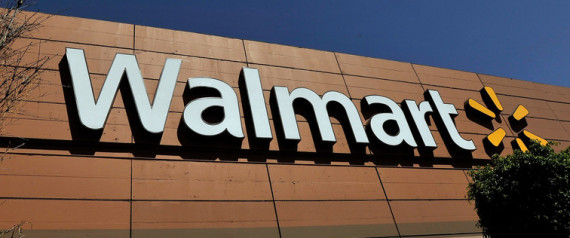Keenan E., Danny V., Joe I.
Summary: That the government doesn't put billions of money at once into the economy because it could cause inflation with the economy. They report data on the nation’s money supply monthly in the form of M1 and M2. M1 is the measure of the physical money and M2 consist of everything from M1 plus savings accounts. M1 put in $1.7 trillion and M2 put in $7.7 trillion. Before they start putting in money from the economy, they have to take out some money to balance out the money in and out so it doesn't cause inflation with the country.
Outside of physically distributing money, the other main way the government puts money into the economy is by first taking out of the economy. This is done primarily via income taxation, which represented 44% of all collected taxes in 2006, but also through a number of other taxes including: corporate income tax, gift taxes, employment taxes, excise taxes, and estate taxes. Capital gains (investment income) are taxed as well. In total, it is estimated that the IRS took in $2,518,680,000,000 in taxes during fiscal 2006 according to the Heritage Foundation
. And deals with economics because its saying how they put money in and out of the economic banks.


